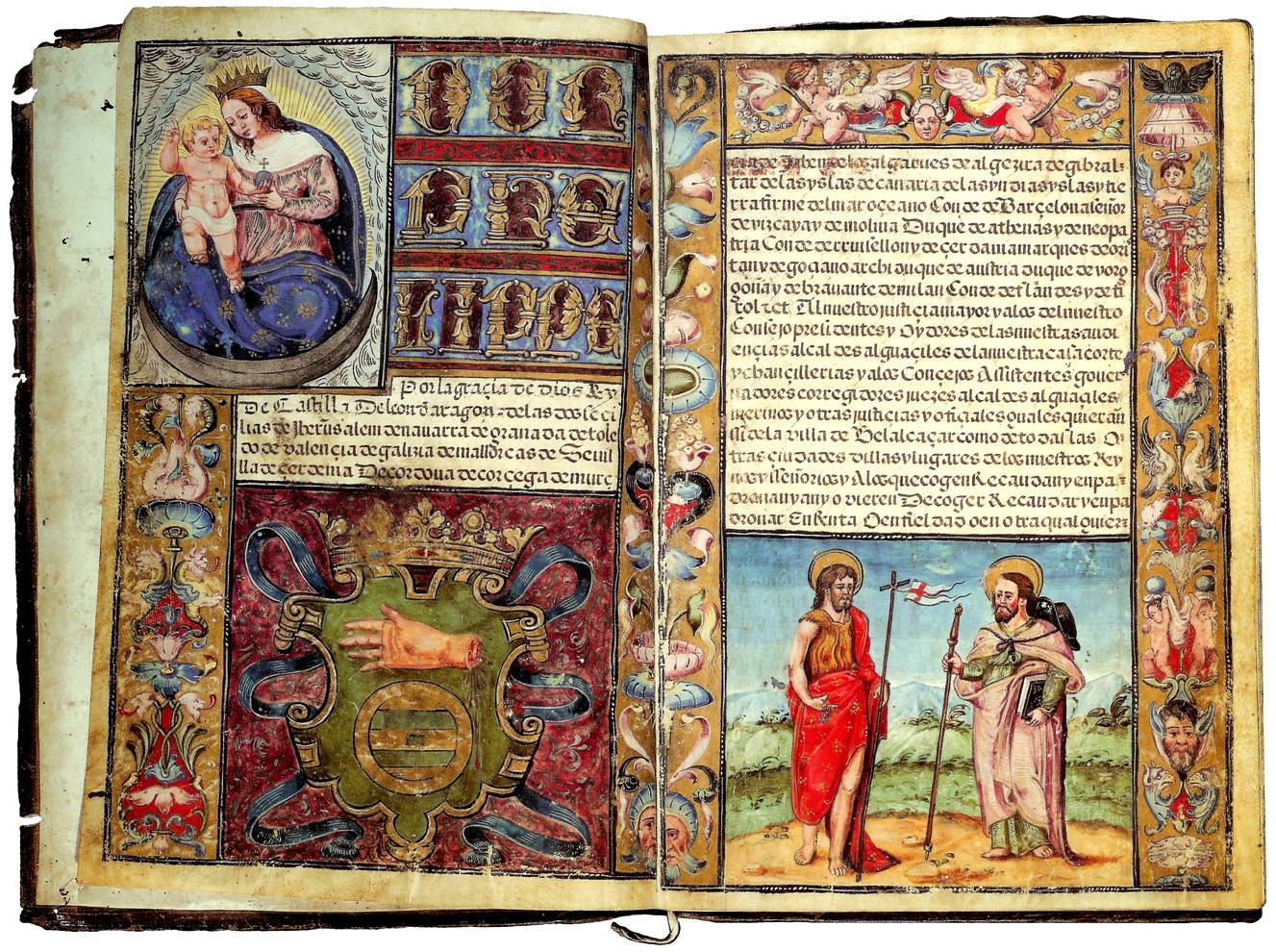The Illuminated Manuscripts of Medieval Europe: A Free Online Course from the University of Colorado

Dr. Roger Louis Martínez-Dávila and Ana B. Sanchez-Prieto–two academics working out of the University of Colorado and Universidad Complutense Madrid (Spain)–have teamed up to present Deciphering Secrets: The Illuminated Manuscripts of Medieval Europe. The free course covers the following ground:
Perhaps no other relic of the European Middle Ages captures our imagination more than illuminated medieval manuscripts, or those documents decorated with images and colored pigments. Serving as windows unto a lost world of kings, ladies, faith, war, and culture, they communicate complex visual and textual narratives of Europe’s collective cultural heritage and patrimony. In this fashion, illuminated manuscripts are dynamic messages from our communal past that are still relevant today in fields like graphic design and typography.
In this seven-week course, students will explore the material creation, content, and historical context of illuminated medieval European manuscripts. Students will acquire an introductory knowledge of their distinguishing characteristics, their cataloguing and periodization (when they were created), the methods utilized to produce them, and their historical context and value.
You can take The Illuminated Manuscripts of Medieval Europe for free by selecting the audit option upon enrolling. If you want to take the course for a certificate, you will need to pay a fee.
The Illuminated Manuscripts of Medieval Europe has been added to our list of Free History Courses, a subset of our collection, 1,700 Free Online Courses from Top Universities.
Related Content
Discover the Great Medieval Manuscript, the Book of Kells, in a Free Online Course
The Medieval Masterpiece, the Book of Kells, Is Now Digitized & Put Online
160,000 Pages of Glorious Medieval Manuscripts Digitized: Visit the Bibliotheca Philadelphiensis
The Illuminated Manuscripts of Medieval Europe: A Free Online Course from the University of Colorado is a post from: Open Culture. Follow us on Facebook and Twitter, or get our Daily Email. And don't miss our big collections of Free Online Courses, Free Online Movies, Free eBooks, Free Audio Books, Free Foreign Language Lessons, and MOOCs.
from Open Culture https://ift.tt/3wdGTXi
via Ilumina
Comments
Post a Comment